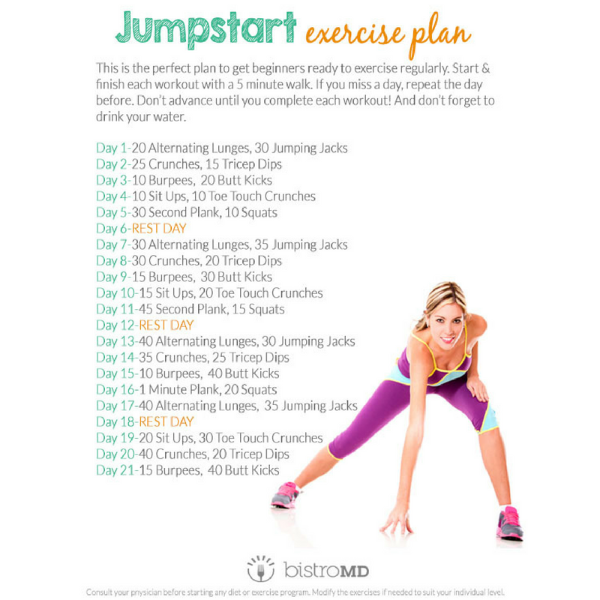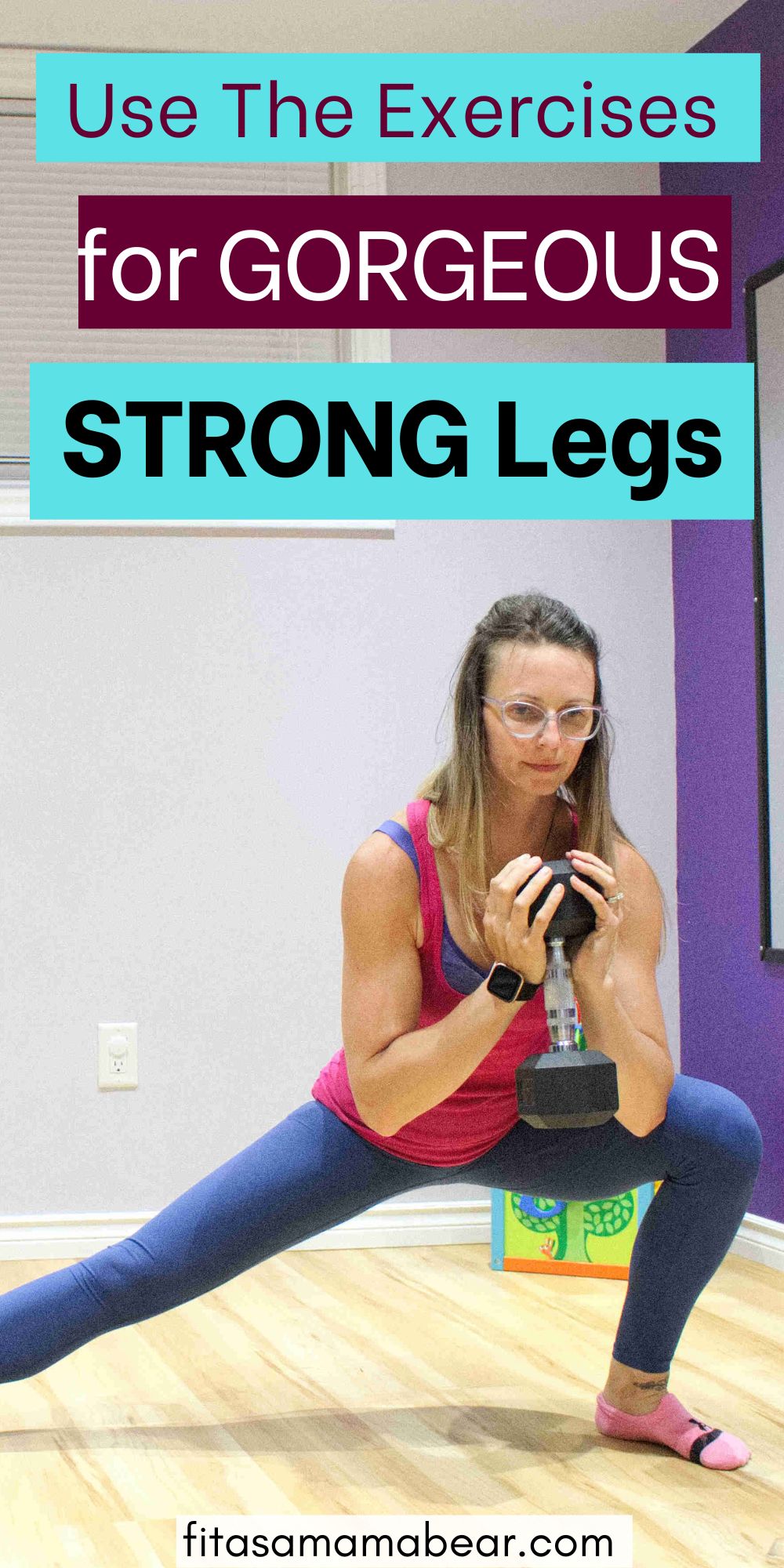
These are some things you should be aware of if you're interested in a career working as a Florida personal training professional. First, you should know how much you can expect to make as an instructor in the Sunshine State. Floridians live outdoors, which is why it is so important. Many people desire to tone and get in shape. Personal trainers can help their clients to make healthy eating and exercise choices.
Florida personal trainer average salary
Personal trainers assist individuals in improving their physical and emotional health. These people can be professional athletes or not. They are looking to lose weight and get in better shape. These individuals can customize their training, establish rapport with clients, and offer fitness assessments. They could earn between $23,000 and $72,000 per year.
Florida is a great place to become a personal coach. The state is known for its lush forests, beaches, and hard-core outdoor activities. The state has a large number of fitness centers and personal trainers, and a career in this field can be extremely lucrative. As of 2014, the state of Florida employed 13,339 fitness trainers.

Potential earnings
Florida's fitness industry is flourishing and many people are seeking certified personal trainers. Personal trainers have many options in Florida. They can work at studios, health clubs, or fitness centers. Personal trainers might teach classes to adults, or work with individuals at different skill levels. Florida offers many opportunities for athletes.
Personal trainers are usually employees at commercial gyms. They often earn around minimum wage. Personal trainers need to be able find clients or assigned to other members in order to earn more. The commissions paid to personal trainers range from 30% to 60% of the session fee. These commissions can drop to 15% to 20% over time depending on how many clients pay for a session.
Certifications
There are many certifications for personal trainers. These certifications will allow you to become an effective personal trainer and earn a high-paying salary. For example, Florida employers prefer personal trainers who have at least a four year degree and national certification. These certifications can also provide access to professional development training, benefits, and even a retirement plan.
Personal trainers are often able to work one-on-1 with their clients and design exercises that improve their motivation and health. They provide advice about nutrition, weight control, and other lifestyle and health issues. They might also be responsible in maintaining equipment and cleaning the facilities. In addition, they may assist clients with selling gym memberships and other products.

Living costs
The average salary for a Personal Trainer in Florida is $51,728 per year. The salary range is between $37.451 and $62,022. A Bachelor's Degree in Personal Training is the required level of education. ERI salary surveys provide the data for the salary data. Cost of living refers to the total cost of living. It includes food and transportation costs, as well as rent and utilities.
FAQ
How exercise and nutrition can help to live a happier life
Exercise is a great way to keep fit, lose weight, build muscle mass, and reduce stress. Nutrition is crucial for your energy, mood, health, and sleep. For a longer life expectancy, reduce your intake of meat and alcohol, smoke less, and exercise regularly.
What are resistance training exercises?
Resistance training uses weights or other objects to perform certain movements. Lifting weights helps strengthen your arms, shoulders, chest and back, as well as your legs, hips, and core. Resistance training builds muscle mass, increases bone density, and promotes greater overall strength.
How many hours sleep should I get each night?
The recommended sleep hours vary based on gender, age and individual needs. Most adults need 7 to 9 hours of sleep per day. Children and teenagers need 10 to 12 hours of sleep per night. As they age, however, this number falls.
Statistics
- An estimated 110,000 deaths per year could be prevented (cdc.gov)
- In high-income countries, 26% of men and 35% of women were insufficiently physically active, as compared to 12% of men and 24% of women in low-income countries. (who.int)
- Physical activity confers the following maternal and fetal health benefits: a decreased risk of pre-eclampsia, gestational hypertension, gestational diabetes (for example, 30% reduction in risk) (who.int)
- One study showed that adults who watch more than 4 hours of television daily had an 80% higher risk of death from cardiovascular disease. (heart.org)
External Links
How To
How To Stay Fit At 40
This article is for those who want their body to be strong and healthy even after they turn 40. It includes basic advice on how you can eat right, exercise regularly, get enough sleep, and take good care of your mind. This article provides tips to help you live longer and be healthier.
-
Eat Right - You should eat right when you want to be healthy. You should steer clear of processed food products, and eat whole grains and fruits, vegetables, lean proteins, fish, eggs, nuts, seeds, beans and legumes. You can always add more to your diet if you don't enjoy what you eat. You don't have to eat a lot. This won't help you lose any weight. Instead, start adding small amounts of new things into your daily meals. Try turkey once a week if you usually only eat chicken breast. If you are a fan of pasta, rice is a good option. You can make these foods a regular part of your daily diet.
-
Exercise - Make sure to exercise at least three times per week. Ensure you include cardio activities such as walking, running, swimming, biking, dancing, etc. You should also ensure you get enough sleep. It is recommended that you sleep for at least 8 hours each night. Drink plenty of water throughout the day. Drink 2 liters (0.5 gallon) of water each day.
-
Get enough sleep to stay healthy. The National Sleep Foundation states that adults need 7-8 hours sleep per night to be in good physical and mental health. However, most people average less than 6 hours of sleep per night. Changes in your sleeping habits can make you more tired. It is possible to catch up by making adjustments to your sleep schedule, such as waking up earlier or going to bed later. You can also turn off your smartphone before you go to sleep so you can relax and wind down. Avoid caffeine after noon to avoid insomnia.
-
Take Care of Your Mental Health. Taking care of yourself is key to maintaining a healthy body. Stress can lead to unhealthy eating habits, poor lifestyle choices, and poor sleep habits. It is important to practice stress management techniques like meditation, yoga, breathing exercises, relaxation, and breathing exercises. One hour of your time should be spent doing something enjoyable. This could be taking a stroll outside, reading a book or listening to music.
The above four points will ensure that you live longer and healthier. These four steps can help you achieve your fitness and health goals.